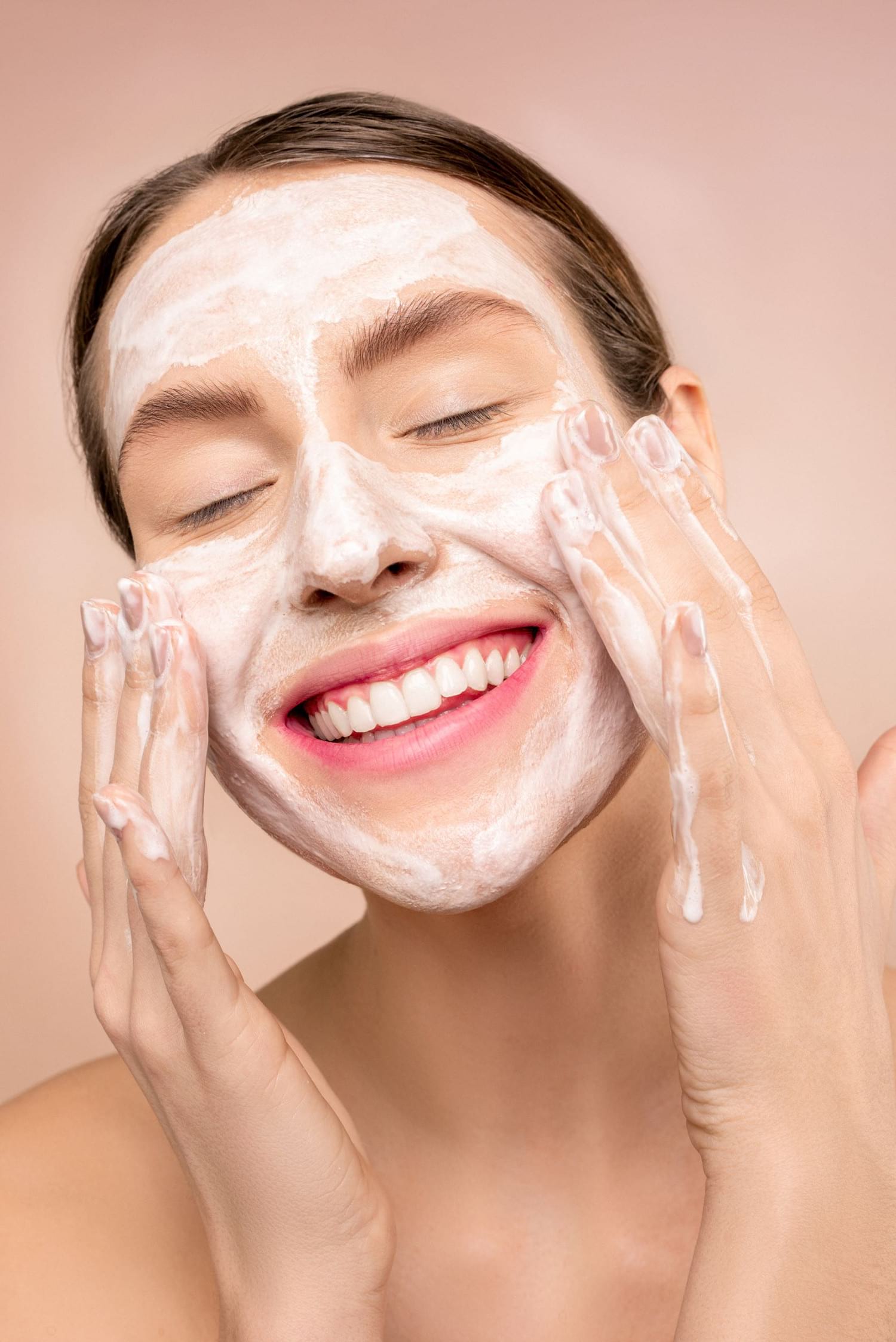
All About Facials: Your Comprehensive Guide to Facial Care
Estimated reading time: 7 minutes
Key Takeaways
- Regular facials improve skin health and appearance.
- Different types of facials cater to varying skin needs.
- Choosing a reputable spa enhances the safety and efficacy of treatments.
- Daily care complements professional treatments and helps maintain results.
- Advanced techniques offer targeted solutions for complex skin issues.
Table of contents
Welcome to our comprehensive guide, All About Facials. Here, you will uncover the key essentials of facial care for all skin types. Facials are designed to cleanse, rejuvenate, and protect the skin, making them a cornerstone of any effective skincare routine. By incorporating regular facials, you can maintain a healthy complexion and proactively address various skin concerns (source). In this post, you will learn about types of facials, how to choose the right spa, recommended masks, expert routines, advanced techniques, and tips for maintaining results.
Understanding Skin Facials
What is a Skin Facial?
A skin facial is a multi-step skincare treatment that typically includes deep cleansing, exfoliation, masking, and hydration to enhance skin clarity and brightness (source). These treatments are tailored to different skin types to maximize benefits:
- **Removing dead skin cells**
- **Boosting hydration**
- **Improving blood flow**
- **Addressing skin issues like acne or dullness**
Types of Facials
Facials come in numerous forms, each targeting specific skin needs:
- **Hydrating Facials**: Perfect for dry skin.
- **Clarifying Facials**: Ideal for oily or acne-prone skin.
- **Soothing Facials**: Suited for sensitive skin (source).
- **Brightening Facials**: Aimed at dull or uneven skin tone.
- **Advanced Options**: Including microdermabrasion, chemical peels, and LED therapy for more complex skincare needs (source; source; source).
Choosing the Right Face Skin Spa
Importance of Selecting a Reputable Spa
Choosing a reputable face skin spa is crucial for ensuring hygienic practices and skilled estheticians. A quality spa can provide evidence-based treatments that enhance your skincare routine (source; source).
Factors to Consider
When selecting a spa, consider the following aspects:
- **Range of Services**: From basic facials to advanced techniques.
- **Cleanliness**: Strict hygiene standards are essential.
- **Staff Expertise**: Qualified estheticians with certifications.
- **Customer Reviews**: Look for personalized consultations and positive feedback.
Preparation Tips for Your First Facial
- **Arrive Fresh-Faced**: Come with a clean face and no makeup.
- **Communicate Goals**: Share your skin goals, sensitivities, and any allergies.
- **Pre-Facial Cautions**: Avoid exfoliation or retinol a few days prior (source).
Great Facial Masks for Every Skin Type
Market Options for Facial Masks
Facial masks are a key part of skincare, offering targeted treatment for various concerns:
- **Hydrating Masks**: Hyaluronic acid and glycerin for dry skin.
- **Clay and Charcoal Masks**: Best for oily or acne-prone skin.
- **Gel Masks**: Aloe or chamomile for sensitive skin.
- **Exfoliating Masks**: Mild acids for dull or combination skin (source; source).
DIY Facial Mask Recipes
Make your own masks at home for effective and natural treatment:
- **Oat and Honey Mask**: Soothing and gentle.
- **Yogurt and Turmeric Mask**: Brightening properties.
- **Avocado and Olive Oil Mask**: Deeply hydrating (source).
Always remember to patch-test DIY masks if you have sensitive skin (source).
Facial Help: Tips and Tricks
Daily Skincare Routines to Complement Facials
Consistency in skincare boosts the benefits of professional facials. Establish a routine that includes:
- **Gentle Cleansing**
- **Appropriate Moisturizing**
- **Daily SPF Application**
- **Weekly Exfoliation**: tailored to your skin type and tolerance (source).
Common Facial Mistakes to Avoid
Avoid pitfalls that can undermine your facial benefits:
- **Over-Exfoliating**: Can irritate the skin.
- **Neglecting Post-Facial Care**: Essential for lasting results.
- **Using Harsh Products**: Not suited for your skin type can lead to irritation (source).
When to Seek Professional Facial Help
Professional help is advisable for persistent issues like severe acne or when seeking advanced treatments. At-home care can effectively manage minor concerns and refresh your skin (source).
Advanced Facial Techniques
Popular Advanced Facials
Explore advanced options for targeted skincare:
- **Microdermabrasion**: Buffs away surface cells, improving texture.
- **Chemical Peels**: Exfoliation for pigmentation, fine lines, and acne (source; source).
- **LED Therapy**: Light wavelengths target acne and inflammation (source; source).
Considerations for Advanced Treatments
While beneficial, advanced facials come with considerations:
- **Higher Cost**
- **Possible Downtime**
- **Not Suitable for All Skin Types**: Always consult with a professional (source; source).
Maintaining Healthy Skin Post-Facial
Best Practices
Sustain the effects of your facial by following these tips:
- **Avoid Makeup and Harsh Products**: For 24-48 hours post-facial.
- **Stay Hydrated and Use Gentle Cleansers**
- **Apply Sun Protection**: To shield from harmful UV rays (source).
Recommended Products for Post-Facial Care
Choose skincare products that support recovery:
- **Soothing Moisturizers**: Fragrance-free for sensitive skin.
- **Mineral Sunscreens**
- **Hydrating Serums**
Lifestyle Tips for Overall Skin Health
Long-term skin health benefits from:
- **Antioxidant-Rich Foods**
- **Stress Management**
- **Avoiding Smoking**: To boost skin health and appearance (source).
Conclusion
Facials offer a personalized and science-backed approach to skincare, suitable for every skin type—whether you have oily, dry, or sensitive skin. Regular facials can greatly enhance skin appearance and health (source; source; source). We encourage you to incorporate facials into your skincare regimen. Join the conversation and let us know your questions or facial experiences.
Additional Resources
For further advice on facial care, consult expert guides from dermatologists or certified spas (source; source). Consider consulting a dermatologist for personalized skincare advice and advanced treatment options (source).
